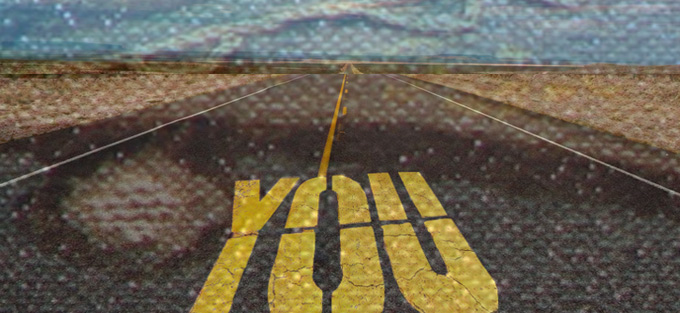by Rebeckah Selnick
We ask little children what they want to be when they grow up. Even when the answer is “a princess” or “a cowboy,” this innocent question can set a precedent for a lifetime. As students, we take aptitude tests. We choose course work to set a track to the future. We look to our career and future simultaneously. We think that what we do for an occupation is who we are as a person.
A few years ago, I served as a volunteer through the ELCA’s Young Adults in Global Mission (YAGM) program for an organization that supported people facing homelessness in Bath, England. Through the organization, Genesis Trust, I worked with men who participated in a life skills program. This program helped men who faced chronic unemployment due to substance abuse, mental health challenges and a history of incarceration.
Week after week, the men who I worked with and I began to discuss our lives. We shared conversations about our past and what brought us to be together at Genesis. One day, we were asked to think of something we had done of which we were the most proud. The stories that the men shared around the table gave me new perspectives on my own values. These men were living a different reality from the one that I had known. One simple story left me reflecting on the topic of vocation.
Meet Clive
A man in our group, Clive, had previously held a job at a large factory where he worked as a janitor. It was his primary duty to clean the restrooms in 13 areas of the factory. I’m sure that in his life, Clive had done things that were more interesting or more beautiful, maybe things that brought him more money, but this was the moment he chose to name as his proudest: cleaning restrooms.
But what I heard from Clive’s story is that it is not our job or career that defines us, but how we do it. How we approach the world, how we care for ourselves and for others–that is our true vocation. Clive was proud to do the job well and he was proud of his independence. He defined this moment in his life as one of hard work and positive outlook.
“For I know the plans I have for you says the Lord, plans to prosper and not to harm you plans to give you a hope and a future. Then you will seek me and find me when you seek me with all your heart declares the Lord” (Jeremiah 29:11-14).
Vocation tapestry
When I think of vocation, it reminds me of a tapestry. On the underside, the individual fibers are visible, but they are not beautiful. They make no picture, they look messy and disorganized where they cross each other, connect, and tied in knots. On the other side, these same fibers form a beautiful scene.
As children of God, our tapestry–our future–is a scene of hope, joy, love, grace, peace, and reconciliation. We have been woven into eternal life by Christ crucified and Christ risen again. It is on the underside where we are called to connect the fibers. We are made strong in the moments in which we hear God’s call to care for ourselves, each other, and the whole world. Even when we clean restrooms, herd cattle, govern a state, preach, teach, or practice medicine, or, or, or. . .
Our vocation, our call from God, is to, love ourselves, love one another, and love the world.
Discussion questions:
1. What would you name in your life as your proudest moment?
2. As you look to the future, how do you listen to the ways God is calling you?
3. Who or what make up the fibers in your own tapestry?
Closing prayer:
God, be with us as we to listen to your call and help us to have faith in your plans to give us a hope and a future in all that we do and in all that we are. Weave the moments of our lives with strong fibers of love and peace and understanding. Amen.
Rebeckah Selnick grew up in northeastern Ohio and studied religion at John Carroll University. She served as an ELCA missionary in Bath, England, through the Young Adults in Global Mission Program. Rebeckah is currently living in Chicago with her husband, Michael Ray.
This article first appeared in the June 2014 issue of Cafe (boldcafe.org).

